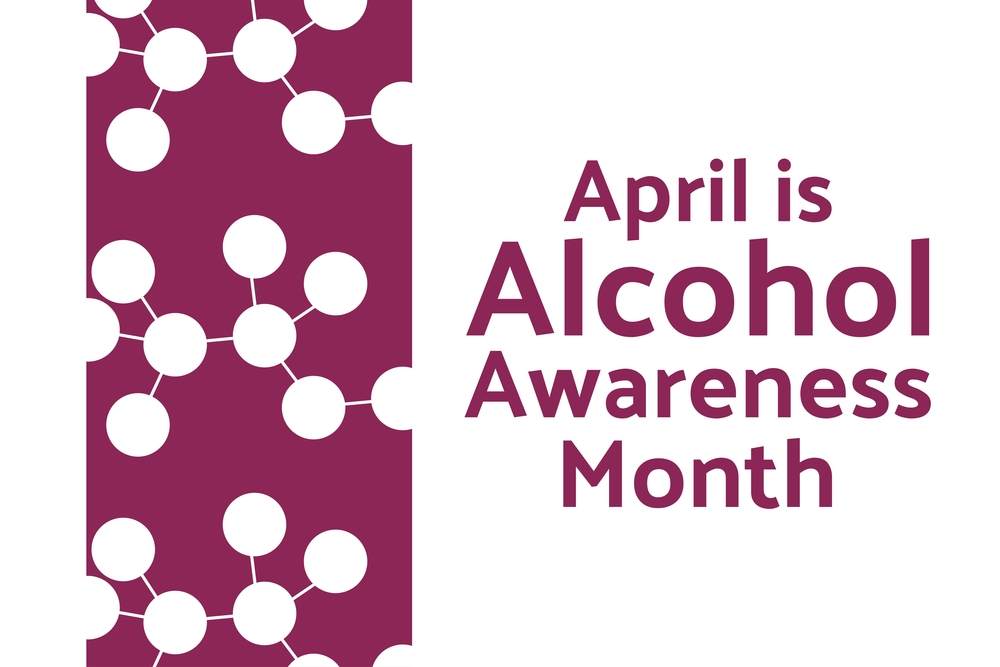
The more you know about alcoholism, the easier it will be for you to provide useful advice and support to others. Show compassion to those struggling with alcoholism. Confronting someone about their drinking habits will often result in anger, denial, and excuses.
Alcohol consumption is a risk factor in numerous chronic diseases and conditions, and alcohol plays a significant role in certain cancers, psychiatric conditions, and numerous cardiovascular and digestive diseases.
Every April the National Council for Alcoholism and Drug Dependence (NCADD) sponsors Alcohol Awareness Month to increase awareness and understanding of the causes and treatment of the nation’s #1 public health problem: alcoholism.
One part of Alcohol Awareness Month is choosing an Alcohol-Free weekend during the month of April. The intent is for you to stop drinking from Friday through Monday, and then gauge the effect of the alcohol-free days.
If your body has become used to the continual presence of alcohol, suddenly stopping can cause physical effects, such as sweating, nausea, headaches and trouble sleeping.
If it is difficult to manage 72 hours without drinking, that struggle could signal a dependence on alcohol that should be more closely examined. If you are having trouble with your three-day alcohol-free test, contact your medical provider to learn more about alcoholism and its early symptoms.
HOW TO OBSERVE #AlcoholAwarenessMonth
- Practice limiting their consumption by keeping track of the quantity consumed.
- Become informed about how alcohol impacts the body in the short and long term.
- Encourage parents to discuss alcohol use/abuse with children, and talk to your own loved ones too.
- Healthcare workers can make a concerted effort during the month of April to talk about options with their patients.
- Be sure to use the hashtag #AlcoholAwarenessMonth on social media while sharing and increasing awareness

